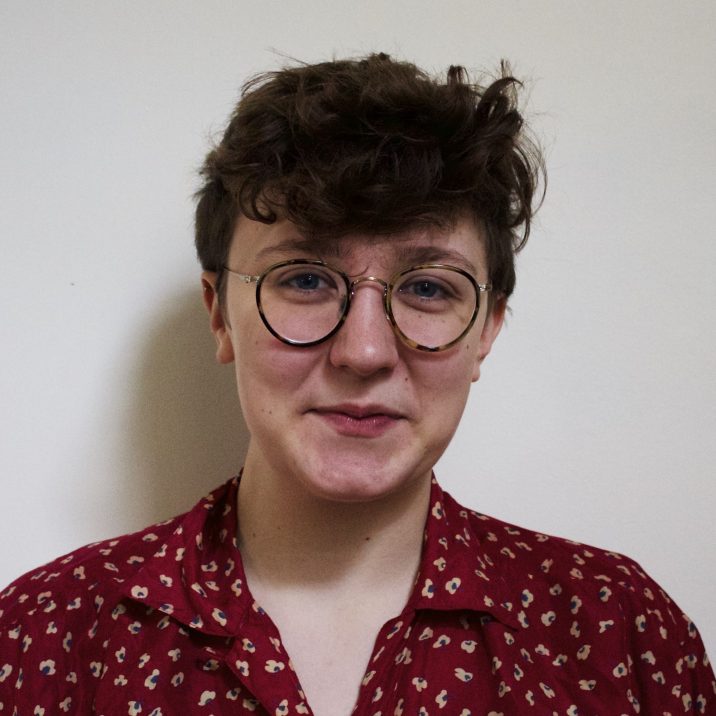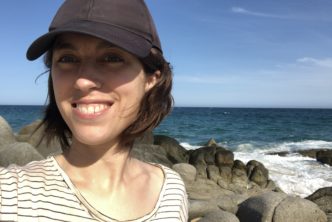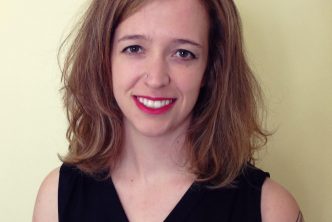Usher Syndrome is an inherited disease that leads to the progressive loss of hearing and vision (retinitis pigmentosa). Increasingly, genetic testing, either through panels or whole exome sequencing, lets people know which of the twelve genes identified to date is responsible for the loss of their senses. Researchers are using these genetic ascertainment data to identify patients for clinical trials: There is no approved treatment for retinitis pigmentosa. A philanthropically-funded translational research program led by Dr. Edwin Stone at the University of Iowa seeks to provide an at-cost personalized gene therapy for everybody with Ushers, regardless how rare. His efforts focus transfecting patient-derived induced pluripotent stem cells with a viral gene vector to replace the broken Ushers gene. Meanwhile, a phase 1/11 clinical trial led by Dr. Eric Pierce and ReNeuron takes a different approach-injecting participants’ subretinal space with healthy donor stem cells. Critically, both of these methods risk remaining vision. This is the story of two people with Ushers — an infant with MYO7A — associated Ushers who was genetically diagnosed in her first year of life, and a retired man who likely suffers from USH2A-associated Ushers, whose life experience exemplifies the condition, but whose specific genetic mutation has never been identified. Both have opted for cochlear implants to improve their hearing, and both work to adapt each day to their changing senses.
Senses Lost: The Impossible Dilemma of Usher Syndrome, and Its Possible Solutions

The story of two people with Usher Syndrome — an infant with MYO7A-associated Ushers who was genetically diagnosed in her first year of life, and a retired man who likely suffers from USH2A-associated Ushers, whose life experience exemplifies the condition, but whose specific genetic mutation has never been identified.




